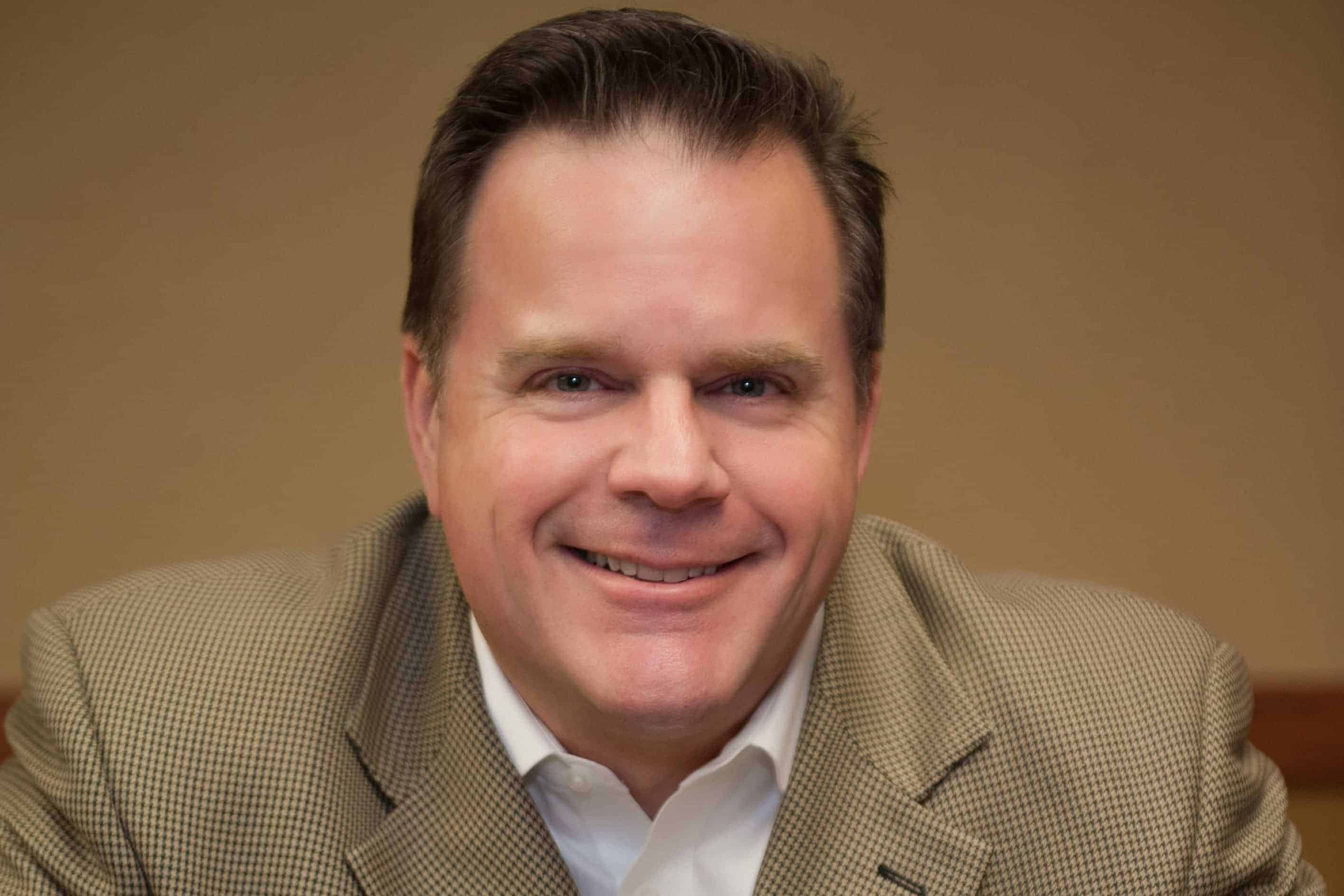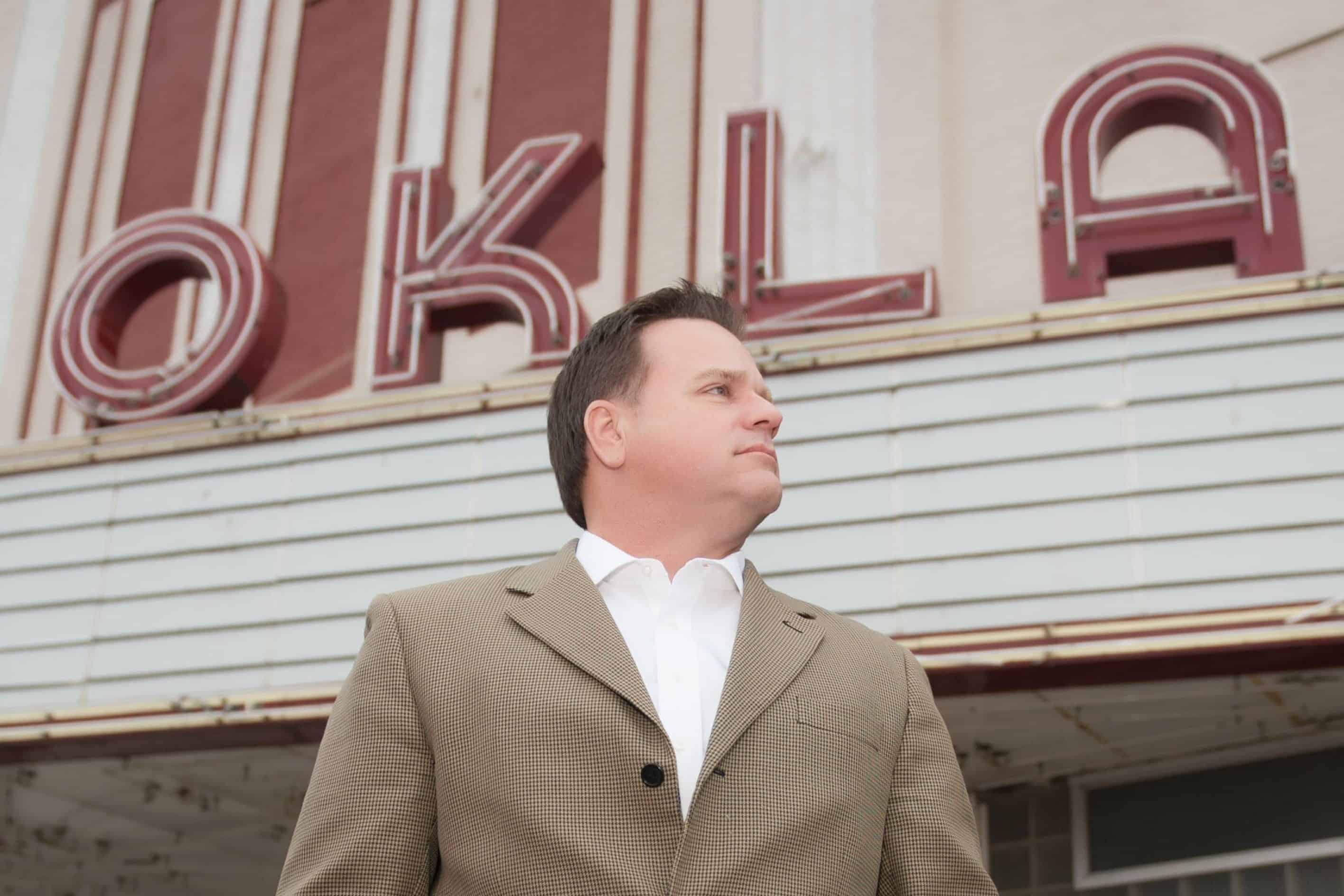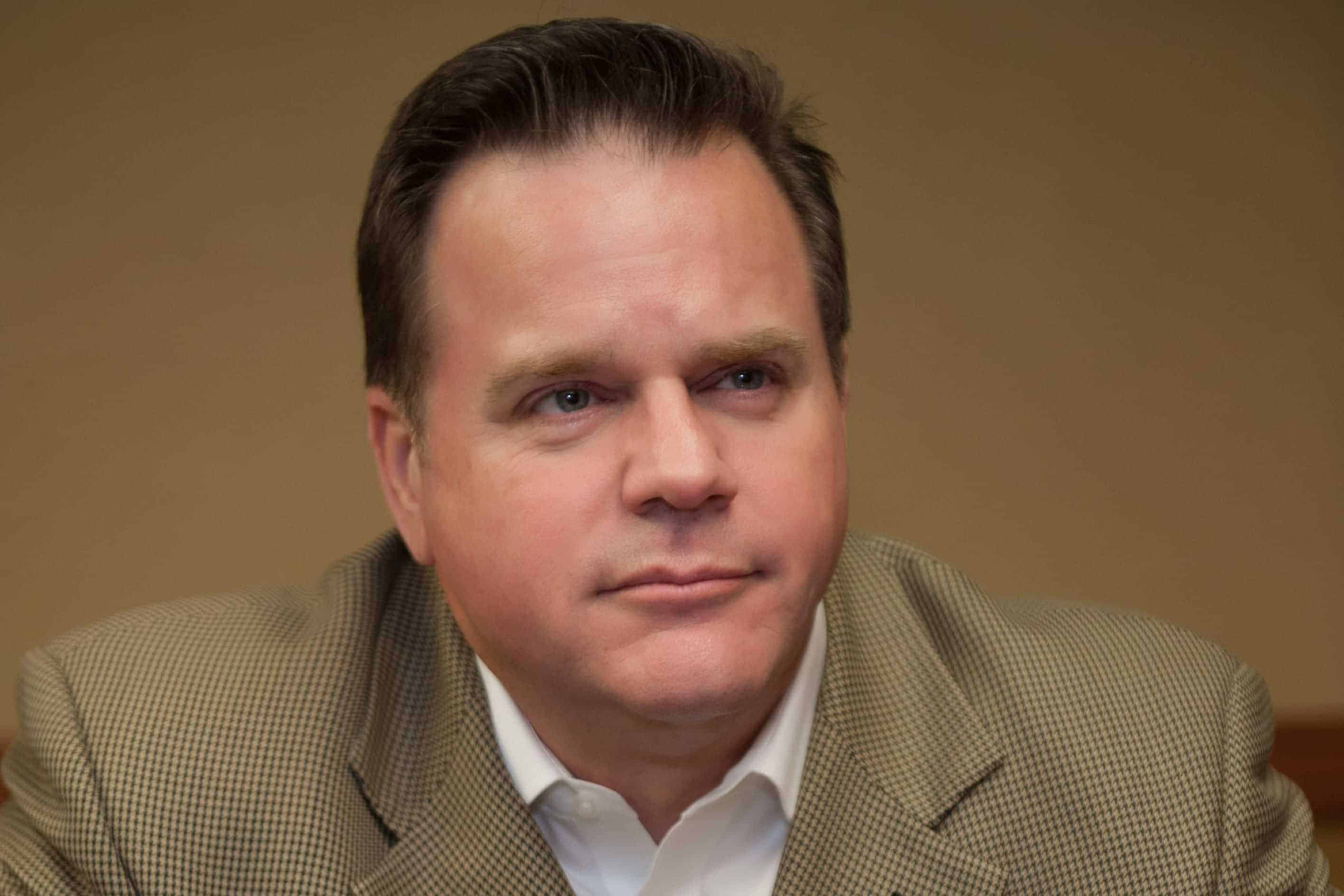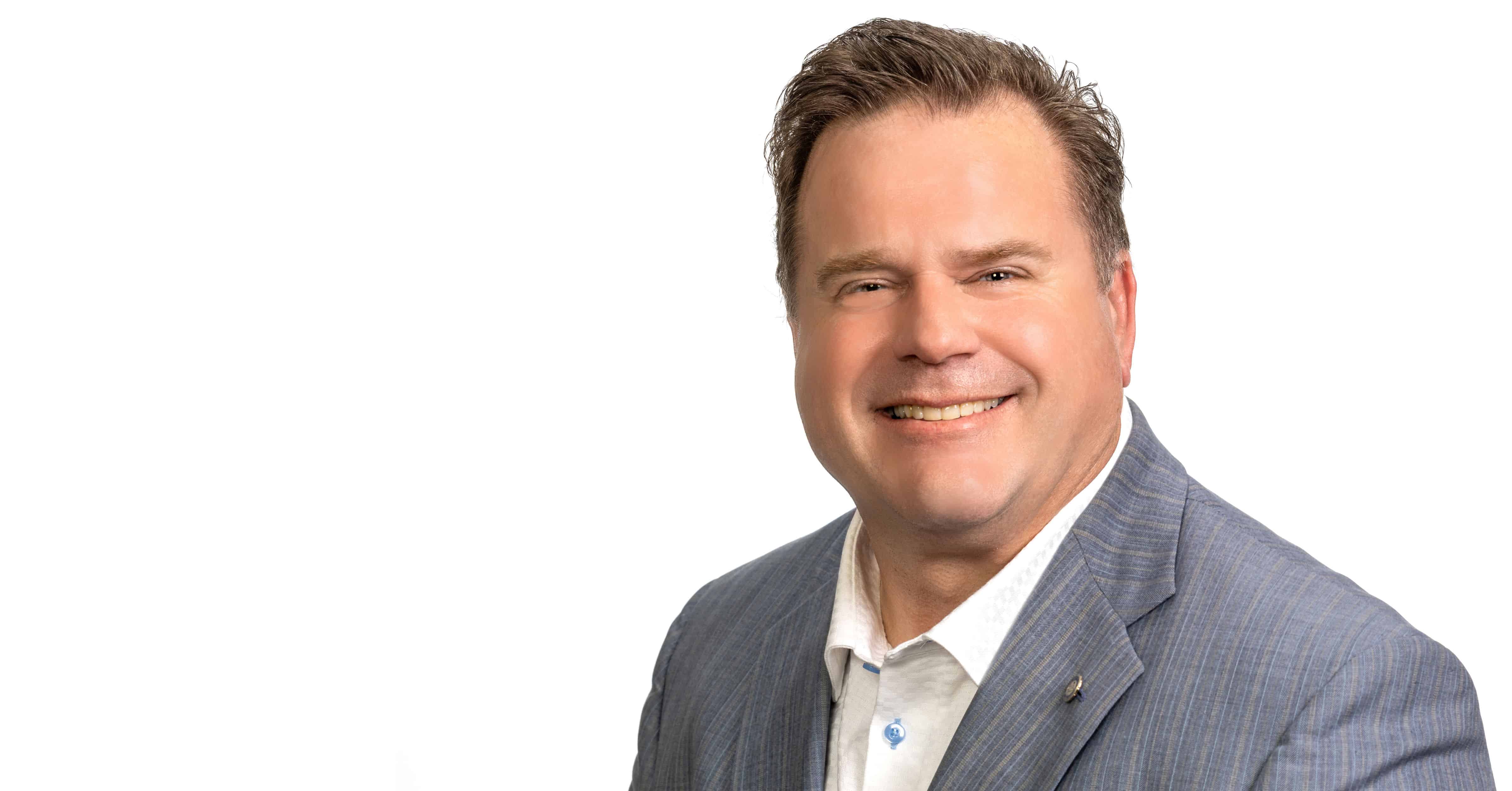As humans, we make mistakes all the time. Some mistakes may relate to your career choice. Other mistakes may relate to the location of your home. However, some of us make, seemingly, small mistakes and don’t realize the impact the outcomes will bring to our lives.
Small mistake #1: Failing to save for retirement early in your career. When a person is 23 years of age, the future seems so distant. Their entire career is just launching from the starting gates of their recent college graduation and time is their friend. Fast forward twenty-five years and the person is looking at their future with a different lens. Kids, mortgage, car payments, and other living expenses caused by the choices made many years earlier has redirected their otherwise retirement savings to current expenses of life.
The obvious outcome is one that none of us wishes to realize – working until we are much older than we would prefer. By initiating your future savings at the beginning of your career, time and compounding of money will help you realize your financial goals later in life. Start with your employer’s plan and contribute at least the amount the company will match. For example, if your employer matches 5% of your salary then you should seek a goal of contributing 5% of your salary. The math is easy on this one. You will have doubled your contribution amount annually with the employer’s matching contribution. Let’s assume the markets treated you favorable and the investment in your employer’s plan grew by 8% for the year. Now, you can experience growth far beyond your 5% initial deferral from your salary.
Small mistake #2: Failing to live within your means. A philosophy practiced in our retirement planning business is one of “pay yourself first” for our clients. You want to do things differently in your life than most of your friends – save first, spend second. What this means is that you will treat your retirement contributions as a priority before incurring and spending your earnings on current pleasures of life. Too often we experience clients that meet with us that have all the toys of the day but lack any liquid savings or future investments.
Maximize your probability for retirement success by implementing a budget and focus on “paying yourself first”. By taking a more realistic approach to your future, you will continue to enjoy life and enjoy it more abundantly when you retire. Of course, prudent investment selection and monitoring are critical during the accumulation phase of life. You may wish to seek the guidance of a Certified Financial Planner practitioner to initiate your plan and provide you annual feedback on your progress.
Small mistake #3: Allowing your credit card balance to remain unpaid after one month. This is something that too many of us fall victim to early in life and it is a difficult problem to solve if left unattended. Based on a survey performed by Nerdwallet in January, 2021, the average balance carried on a credit card is $7,149 and the U.S. household will pay interest charges of $1,155 on average for 2021. Further, the survey discovered 63% of the responses indicated that they feel their household finances have worsened from that of the previous year.
The best method of controlling the interest accruing on credit card balances is to remember the card is for emergency purposes only. Do not use a credit card for a purchase that can’t be paid in full with your current savings or income. To be obvious, the use of a credit card is a means to live outside your current means.
To resolve this mistake, use a debit card that immediately withdraws the funds from your bank account. Another method of solving the credit card debt issue is to ask your credit card issuer to draft the full payment each month from your checking account. This is a critical step since you must be certain the funds are available for the payment each month.
Lastly, place your credit card in a small plastic bowl of water. Place the bowl in the freezer and leave it there for about 3 days. Remove the bowl and note the credit card is safely stored in a block of ice that requires thought and effort to free the card. I know this sounds silly, but it is effective for those people who are impulse buyers with their credit cards.
Don’t wait to improve your life by eliminating or resolving these three little mistakes from your life. Seek out a CERTIFIED FINANCIAL PLANNER™ professional to guide you in managing your cash flow to maximize your future savings. What have you got to lose? Worry, anxiety, stress, etc. See you on the golf course!









